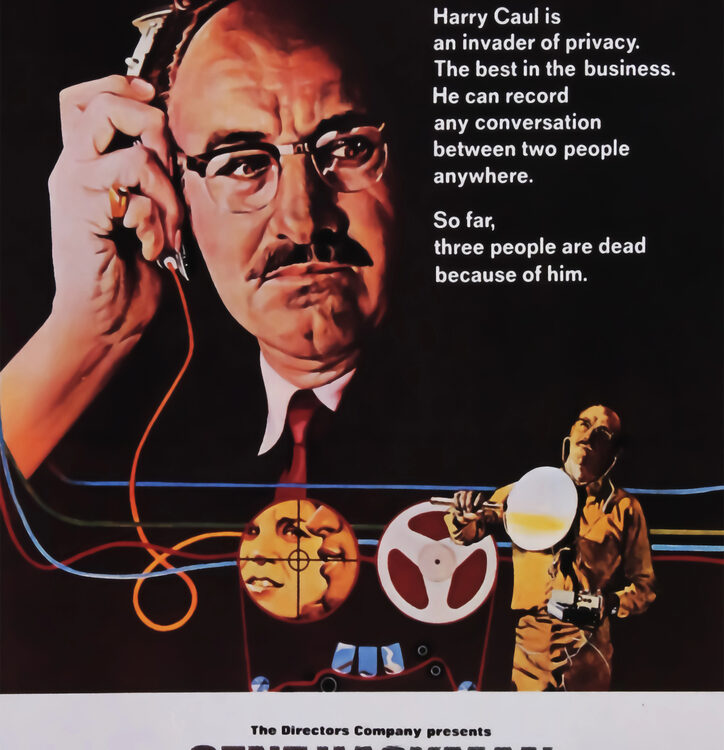Mother Charged With Theft After Spending $1.6 Million from Her Special Needs Daughter’s Trust
January 17, 2020#FreeBritney Bloggers Receive Injunction
February 14, 2020If you were to pass away unexpectedly tomorrow, would your loved ones be able to access your “digital life,” or would you unintentionally leave them a mess to sort out in your absence?

When the founder of Canada’s largest bitcoin exchange died in January 2018 at the age of 30, he reportedly took to the grave the passwords to get into $137 million in bitcoin, a number the New York Times has since valued at $250 million. To be clear, this digital currency wasn’t the private property of Gerry Cotton, the founder of the exchange. That would be bad enough; this inaccessible bitcoin belongs to clients, some of whom are reportedly calling for the exhumation of Cotton’s body because they believe he faked his own death.
Of course, most of us don’t have millions of dollars in bitcoin. However, we can all learn a valuable lesson from this story. If you are the only person who is able to access online banking, investment, and insurance accounts, frequent flyer and frequent guest accounts, etc., your loved ones could have a difficult time gaining access to your digital records when you die. Similarly, if you maintain one or more websites or have cloud-hosted photo and video libraries or digital music archives, access to all of that information could be lost — or at least significantly delayed — at your death.
The good news is that there are two simple steps you can take to make things easier for those you care about:
- Work with an estate planning attorney to update your Will, Trust, and power of attorney documents to allow your personal representative, trustee, and attorney-in-fact to access your digital records if you are unable to do so yourself.
- Consider leaving a list of passwords with your attorney or another trusted person, so someone has that information if the unexpected happens.
At The Estate Planning & Legacy Law Center, we can help you evaluate and incorporate your digital assets in your overall estate plan. To learn more and to schedule a meeting, contact us today!



